School visits to The Commandery
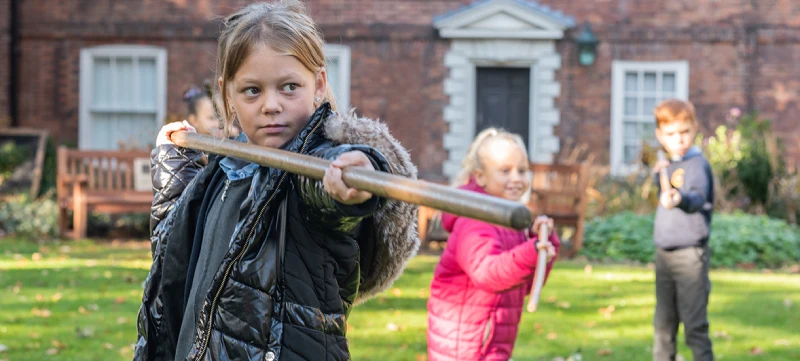
Learning from across the centuries
The Commandery is the perfect place to inspire pupils’ curiosity about the past.
It brings local and national history to life with a whole host of hands-on activities and workshops for all ages and abilities.
All of our activities are led by experienced staff and support specific schemes of work whilst also helping pupils to make cross-curricular links between different subject areas.
When you visit us, the day will include learning sessions led by us and a self-led session around the building. Two facilitated sessions and a self-led session is £7.50 per child.
‘Each session was perfectly pitched for our class, who already knew lots about the English Civil War. We came away with so much new knowledge and can’t thank the team enough.’ Recent teacher feedback.
Take a look through the sessions:
We offer the following topics for schools. Please bear in mind that these sessions are guidelines and can be adapted to suit your pupils’ age and SEND requirements or your educational programme.
Get Ready for Battle!
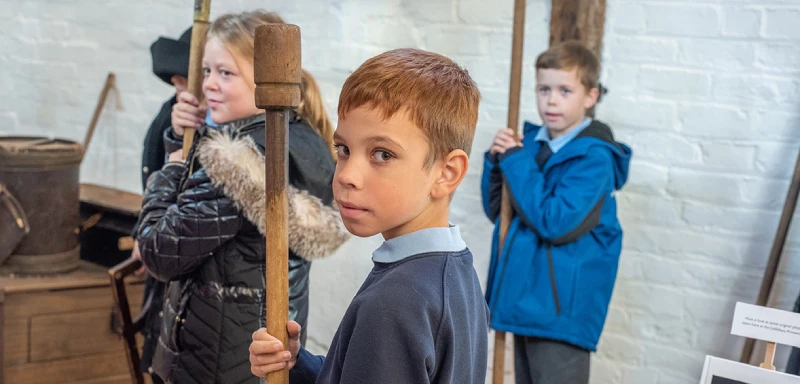
Uncover the different roles the common soldier played in the Civil War by learning about the pikemen, the musketeers and the cavalry officers.
You can step into their shoes by putting on replica armour and handling replicas of the weapons.
Then, it’s time to report for training, soldier! Become a Civil War soldier by taking part in fully interactive pike and cannon drills using replica equipment. Understand the skills these soldiers had to have, follow the commands of the captain… or else!
Key Stages 2 and 3, 1 hour.
In Their Shoes: Life in Stuart Times
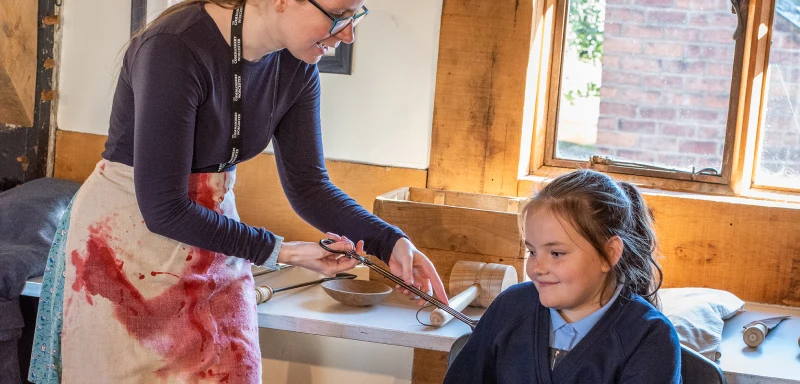
Learn more about what life was like in England when the Civil War was taking place.
This interactive session involves literally stepping into the shoes and clothes of the time to give an insight into how soldiers and women lived. Also, discover more about food, equipment and religion during this period using replica artefacts.
Finally, learn the gruesome details of how war wounds were treated when you meet the surgeon!
Key Stages 2 and 3, 1 hour.
A Tour to Fort Royal
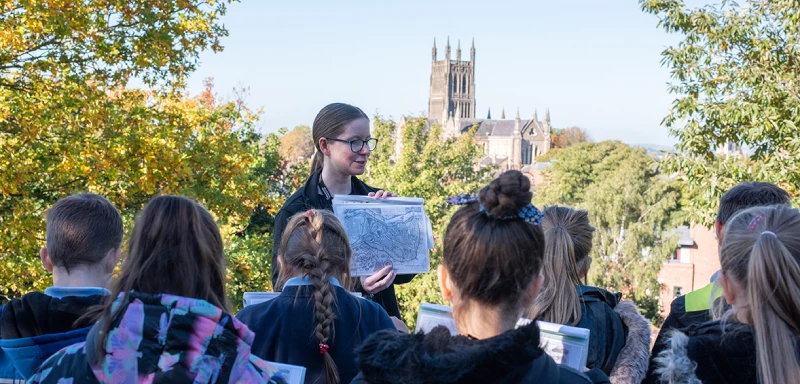
Why was Worcester such an important place during the Civil War?
Using maps and taking a walk up to Fort Royal Park, unearth the significant details that led up to the Battle of Worcester and understand what happened in the aftermath.
Learn about the role the city of Worcester played and decide whether Fort Royal should be considered ‘hallowed ground’ – an American president thought so!
Key Stages 2 and 3, 1 hour.
The Birth of Democracy
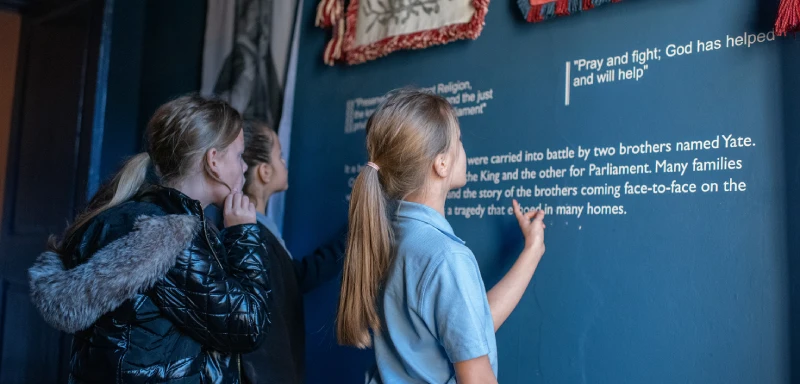
Discover how the English Civil War had a huge impact on how our country works to this day.
Learn how Charles I and Charles II set in motion changes that would result in a battle for democracy.
Develop your understanding about how parliament and democracy work in the present day, leading up to taking part in a real debate and vote at the ballot box!
Key Stages 2 and 3, 1 hour.
KS1 Civil War and Worcester
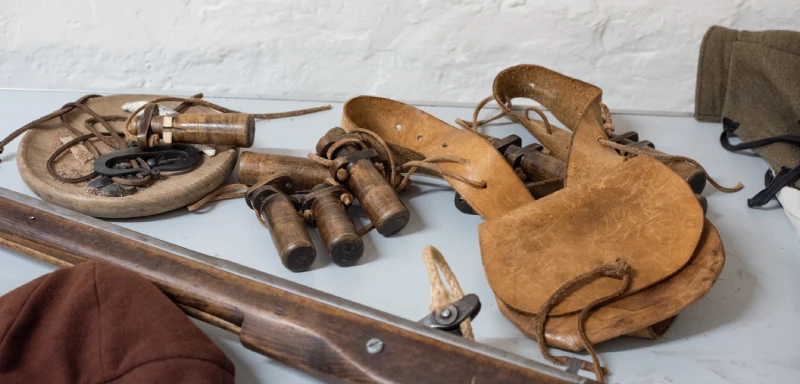
Come and join us for the day as we bring the history of the Civil War to life!
Learn about the significant events and the impact they had both locally and nationally.
Children can find out how Civil War soldiers would fight, what they would wear and even walk to Fort Royal where part of the Battle of Worcester took place.
‘Megan pitched the session perfectly for Y1. All children were engaged and enjoyed the day.’ – Year 1 teacher.
Key Stage 1. Two 1-hour sessions and a 1-hour self-led session.
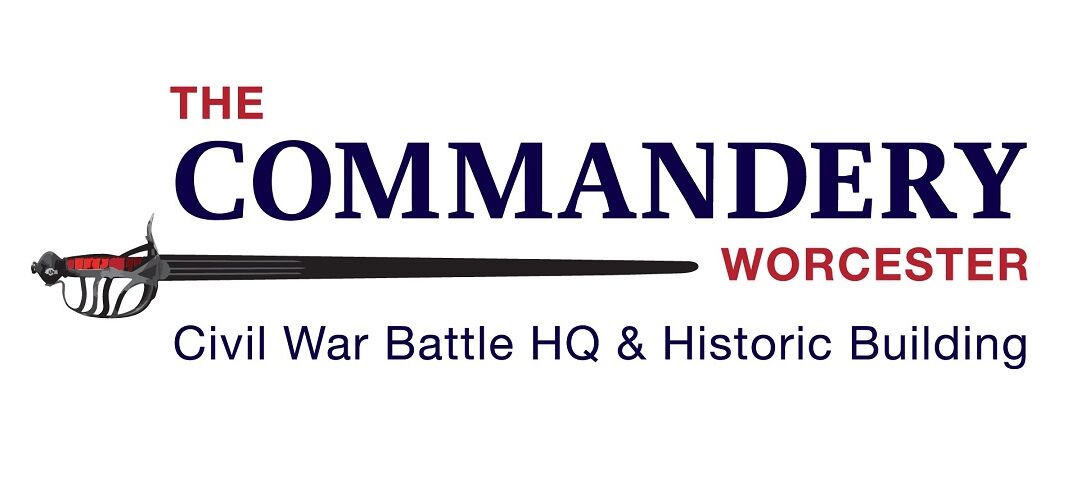
Get in touch
Please submit an enquiry form and the team will be in touch as soon as possible.
If your query is urgent, contact the Learning Team on 01905 361821.
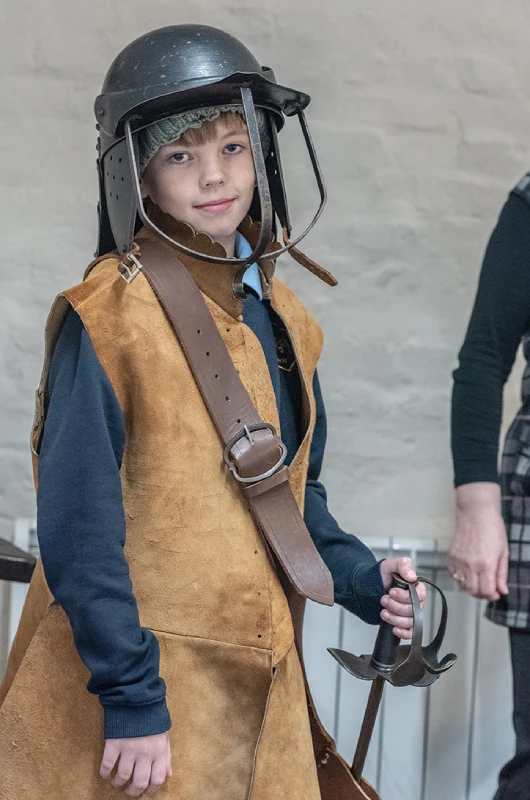
Where to find The Commandery
Make an enquiry
For more information, to discuss or make a booking with The Commandery, please submit an enquiry form and the team will be in touch as soon as possible.
If your query is urgent, contact the Learning Team on 01905 361821.
